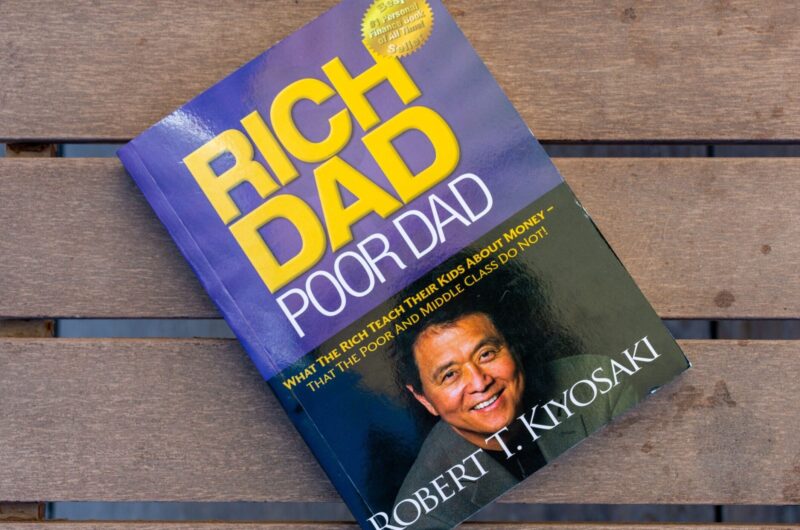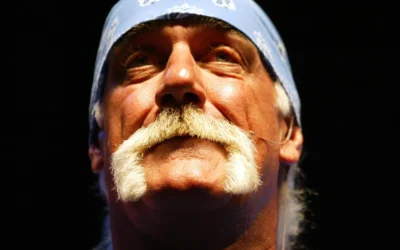
Hulk Hogan

The Final Bell: Remembering Hulk Hogan, Legend of the Ring
Terry Bollea, known worldwide by his larger-than-life wrestling persona Hulk Hogan, passed away Thursday at the age of 71 in Clearwater, Florida. Local police confirmed they responded to a cardiac arrest call that morning. Hogan was pronounced dead shortly after being transported to a nearby hospital. Authorities stated there was no evidence of foul play or suspicious circumstances. His passing marks the end of an era—not just for professional wrestling, but for American pop culture itself. The Man Who Made Wrestling a Global Phenomenon To describe Hulk Hogan simply as a wrestler would be to undersell a legacy that reshaped the entire entertainment industry. With his iconic horseshoe mustache, bandana, and red-and-yellow ring gear, Hogan didn’t just dominate the ring—he became the face of professional wrestling worldwide. His presence helped catapult the WWE (then WWF) from a regional sports attraction to a mainstream global empire. In 1985, Hogan headlined the inaugural WrestleMania, teaming up with Mr. T to face off against Rowdy Roddy Piper and Paul Orndorff. The event wasn’t just a success—it was a cultural explosion. Over a million viewers watched via closed-circuit TV, and from that moment on, Hulkamania became a household term. Two years later, his legendary bout with Andre the Giant at WrestleMania III drew 80,000 fans to the Pontiac Silverdome—setting attendance records and redefining what a wrestling spectacle could look like. That match, and the iconic body slam seen around the world, remains etched in the minds of fans even decades later. Champion in the Ring and Beyond Throughout his WWE tenure, Hogan won the World Heavyweight Championship six times, holding the title for a staggering 1,474 consecutive days during his first reign. Only two other wrestlers in WWE history—Bruno Sammartino and Bob Backlund—held it longer in a single stretch. But Hogan was more than just a champion. He was a media powerhouse. He crossed over into television and film, playing Thunderlips in Rocky III and starring in his own series, Thunder in Paradise. His popularity extended beyond the ring, with appearances on countless talk shows and late-night television, cementing his place as a pop culture fixture. Reinvention and the Birth of the NWO As the 1990s ushered in a new generation of fans with different tastes, Hogan adapted. In 1996, he made wrestling history again by turning heel—becoming a villain—as the frontman for WCW’s notorious faction, the New World Order (NWO). Trading in his bright colors for black and white, “Hollywood Hogan” embraced a darker persona that mirrored the edgier, rebellious tone of the era. The NWO storyline rejuvenated wrestling at a critical time and led WCW to dominate WWE in ratings for 83 consecutive weeks. Hogan’s reinvention wasn’t just successful—it was transformative. Wrestling became appointment television again, and Hogan stood at the center of it. (MORE NEWS: Trump Takes on Crime in D.C.) A Hero’s Return By 2002, Hogan returned to WWE and faced off against The Rock at WrestleMania 18 in Toronto. Though he was technically the villain, fans refused to boo him. The crowd erupted in cheers for their childhood hero, prompting Hogan to dig out his classic red-and-yellow gear once again. That moment symbolized the deep emotional connection fans maintained with the icon—even after decades. Hogan was inducted into the WWE Hall of Fame in 2005, a formal recognition of his enduring impact on the industry. More Than a Wrestler In recent years, Hogan had faced various health struggles, including lingering issues from his many years in the ring. Still, he remained active in the wrestling world, most recently launching Real American Freestyle Wrestling and opening a bar in New York City directly across from Madison Square Garden—where so many of his iconic matches took place. Reactions poured in immediately upon news of his death. Wrestling legends like Ric Flair and Triple H paid tribute online, sharing memories of their time with the larger-than-life figure who helped shape the industry. Political Ally and Cultural Icon Outside of wrestling, Hogan remained engaged in public life. He made headlines in 2024 for speaking at the Republican National Convention in support of Donald Trump. In response to the news of Hogan’s death, Trump posted a tribute on Truth Social: “We lost a great friend today, the ‘Hulkster.’ Hulk Hogan was MAGA all the way—strong, tough, smart, but with the biggest heart… the cultural impact he had was massive… He will be greatly missed.” A Lasting Legacy Hulk Hogan’s journey from local Florida wrestler to worldwide megastar is nothing short of extraordinary. He wasn’t just part of wrestling history—he was wrestling history. His energy, charisma, and uncanny ability to capture the crowd’s imagination made him more than just a performer. He was a symbol of perseverance, showmanship, and the power of reinvention. To his wife Sky, his family, and millions of fans across the globe—he leaves behind a legacy that will live on in arenas, locker rooms, and living rooms for generations. So, to the man who told us to say our prayers, eat our vitamins, and believe in ourselves: thank you, Hulk Hogan. (RELATED: Hulk Hogan Celebrates Baptism On Social Media) You slammed giants. You turned boos into cheers. And you made the world believe in heroes—even if only for a three-count.
